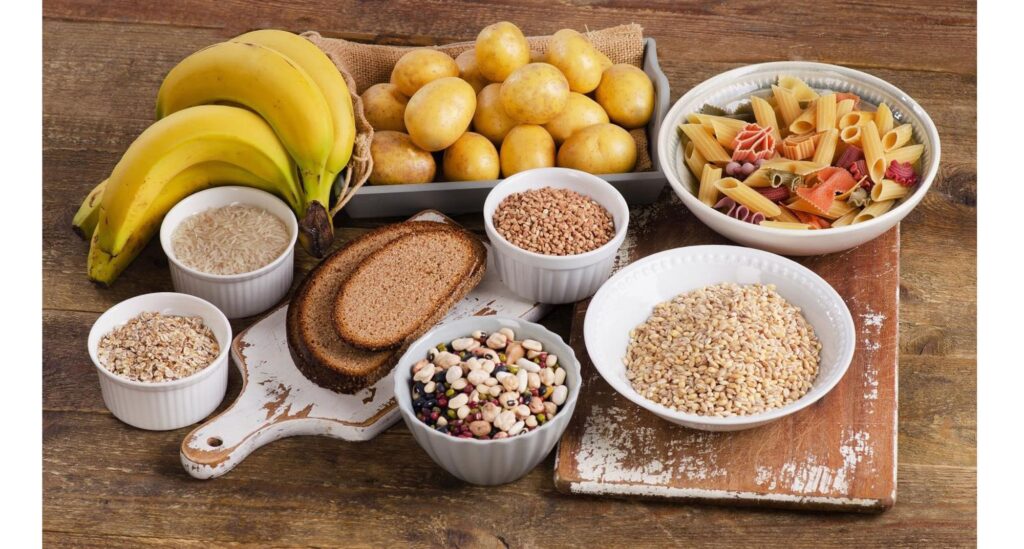
How to Maintain Stable Blood Sugar Levels Daily
Effective Ways to Keep Blood Sugar Stable
Maintaining stable blood sugar levels is not only essential for people with diabetes but also contributes to long-term health. Below are effective and easy-to-apply strategies to control blood sugar levels daily.
Managing Carbohydrate Intake
Carbohydrates play a significant role in blood sugar fluctuations. Consuming too many carbs can lead to rapid blood sugar spikes.
- Choose healthy carb sources: Whole grains, oats, and sweet potatoes.
- Avoid processed foods: White bread, pastries, and sugary drinks.
A low-carb diet has been proven to help control blood sugar levels better, especially for individuals with diabetes.
Increasing Fiber Intake
Fiber helps slow down sugar absorption, effectively managing blood sugar levels.
- High-fiber foods: Green vegetables, fruits (apples, oranges), legumes, and whole grains.
- Choose soluble fiber: Particularly beneficial for improving blood sugar levels.

Portion Control
Eating in moderation helps maintain a healthy weight and better blood sugar control.
- Smaller, more frequent meals: Eat 4-5 small meals instead of three large ones daily.
- Monitor portion sizes: Use measuring tools to avoid overeating.
Choosing Low-Glycemic Index (GI) Foods
Low-GI foods help reduce the risk of sudden blood sugar spikes.
- Low-GI foods: Barley, oats, lentils, and unsweetened yogurt.
- Colombia protein and healthy fats: Slows down sugar absorption.

Supplementing with Chromium and Magnesium
These two minerals play a crucial role in maintaining stable blood sugar levels.
- Chromium-rich foods: Meat, whole grains, and green vegetables.
- Magnesium-rich foods: Leafy greens, fish, avocado, bananas, and nuts.

Regular Exercise
Physical activity not only increases insulin sensitivity but also helps the body use glucose more efficiently.
- Beneficial exercises: Walking, swimming, jogging, yoga, or weight training.
- Recommended frequency: 150 minutes per week, broken into 10-15 minute sessions.
Managing Stress
Chronic stress can raise blood sugar levels due to the release of cortisol.
- Relaxation techniques: Try yoga, meditation, or deep breathing exercises.
- Reducing stress: Maintain a healthy lifestyle and create a balanced routine.z

Getting Quality Sleep
Sleeping 7-8 hours per night helps regulate blood sugar levels.
- Tips for better sleep: Avoid electronic devices before bedtime, take a warm bath, and keep your bedroom cool.
- Benefits: Improves insulin sensitivity and reduces stress hormones.z

Regular Blood Sugar Monitoring
Tracking blood sugar levels helps you understand how your body responds to food and activities.
- Use a blood glucose monitor: Check levels before and after meals, as well as after exercise.
- Keep a log: Record readings to track blood sugar trends.
Staying Hydrated
Water helps the body remove excess sugar through urine, preventing dehydration.
- Best choices: Plain water, unsweetened herbal tea.
- Limit: Sugary drinks, alcohol, and caffeine.
Conclusion
To maintain stable blood sugar levels, you need a combination of a healthy diet, regular exercise, and a balanced lifestyle. Regular monitoring will ensure your body stays in optimal health.